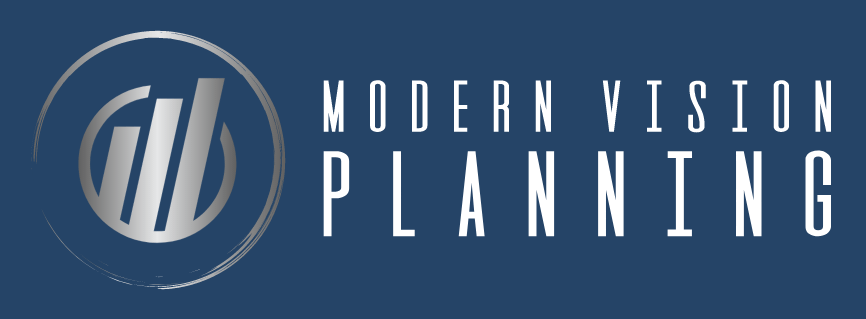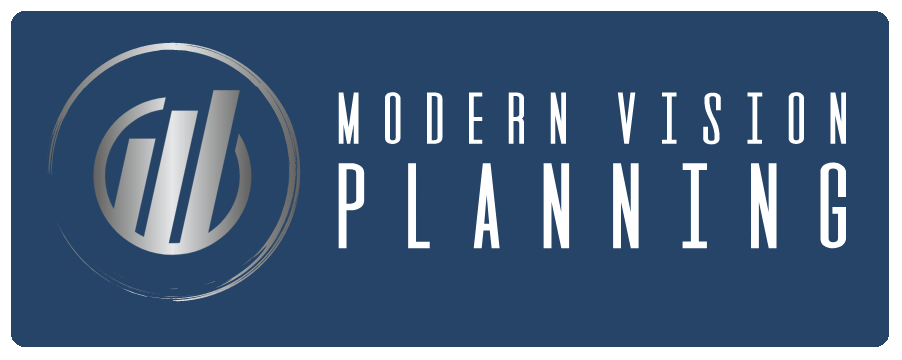Why You Should Stop Contributing to Your Personal RRSP
Prioritizing Your RRSP Over Other Financial Priorities Can be Costly

Many people rush into making a RRSP contribution during the "first 60 day" window each year in hopes of getting a refund on their taxes or avoid owing the government money. I was recently interviewed for a Globe and Mail article and mentioned a few of the items below. There's a big marketing push to have people make deposits and even make loans to do so. However, is making a personal RRSP the right move. Here are a few things to consider:
- ·Are you properly using your workplace plan throughout the year?
- Maximize your RRSP employer matching contributions from work first
- Applying a bonus directly to a RRSP from your employer
- Are you improperly prioritizing a RRSP contribution OVER debt or other financial needs.
- Pay down debt vs making a contribution.
- If a RRSP loan is needed, why? And considering the repayment timeline, is it worth the cost?
- Is cashflow better served elsewhere? Setting an emergency fund? Other accounts or products?
- ·Are you OVER SAVING in your RRSP?
- Are you on a defined benefit pension plan?
- OAS “claw back”, GIS if low income. You may be losing out on government income
- Your projected retirement income is estimated to be higher than current/past employment income.
- Estate taxes upon death
- ·Do alternative accounts with other benefits make more sense?
- If you don’t own a home, the First Home Savings Account should be your new number one option.
- Will not apply when filing your 2023 tax return since it doesn’t have the first 60 days contribution benefit.
- A Registered Education Savings plan can offer government grants AND be more attractive to lower income individuals who can receive additional grant enhancements.
- Tax Free Savings Accounts offer greater accessibility to your money and tax-free gains.
- Registered Disability Savings Plans for those who qualify, will receive better value from deposits through grants and other government support.
Many people manage their finances from a transactional perspective, opening an account, making a deposit, purchasing a product, but it's usually not the most effective way to approach your finances. Speaking with a professional can really help save thousands of dollars that would have been lost otherwise. Tax planning, costs savings, product comparisons are just a few things we can help with.











